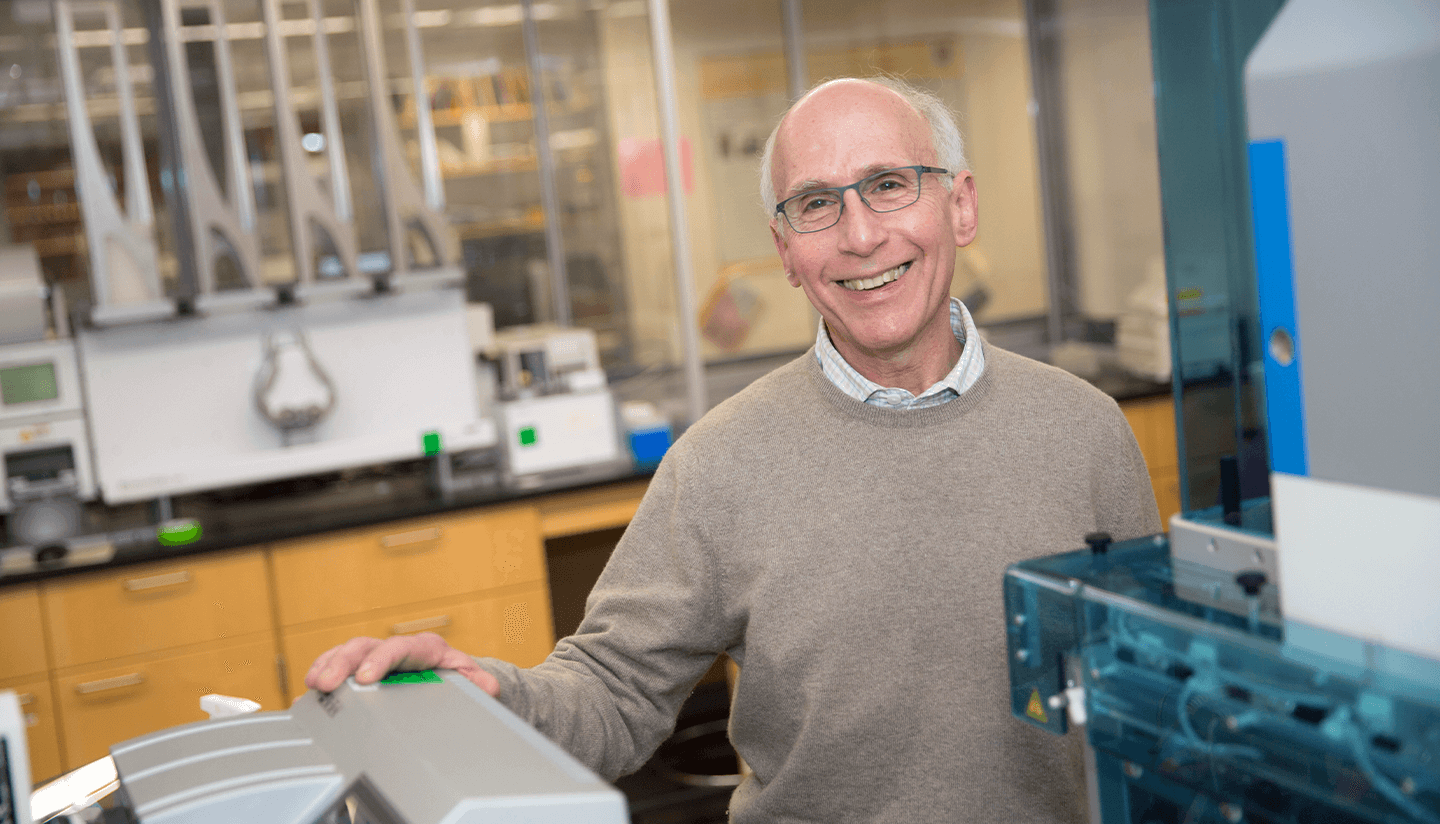
Lee Rubin is a Professor of Stem Cell and Regenerative Biology at Harvard University and Co-director of the Harvard Stem Cell Institute Nervous System Disease Program. He investigates the key molecular mediators of a variety of neurodegenerative diseases, with the ultimate goal of finding effective preclinical therapeutic candidates.
Dr. Rubin received his Ph.D. in Neuroscience from The Rockefeller University and completed postdoctoral fellowships in Pharmacology from Harvard Medical School and in Neurobiology from Stanford University School of Medicine. He has broad experience in both academia and industry, particularly in the realms of cell-based assays and drug discovery. Prior to coming to Harvard, Rubin was Chief Scientific Officer of Curis, Inc., a Cambridge-based biotechnology company, where his group identified the first small molecule regulators of the hedgehog signaling pathway. One of their antagonists was developed by Genentech and is now (as Erivedge) approved as the first oral treatment for metastatic basal cell carcinoma.
Teaching
-
SCRB 195The Translational Science of Stem Cells
Through a series of lectures and assigned papers, students will be introduced to a broad view of the ways in which stem cells can be used for translational research. This will include human disease modeling, identifying drugs that target endogenous stem cells, or otherwise promote tissue repair, and regenerative medicine (cell-based therapies).